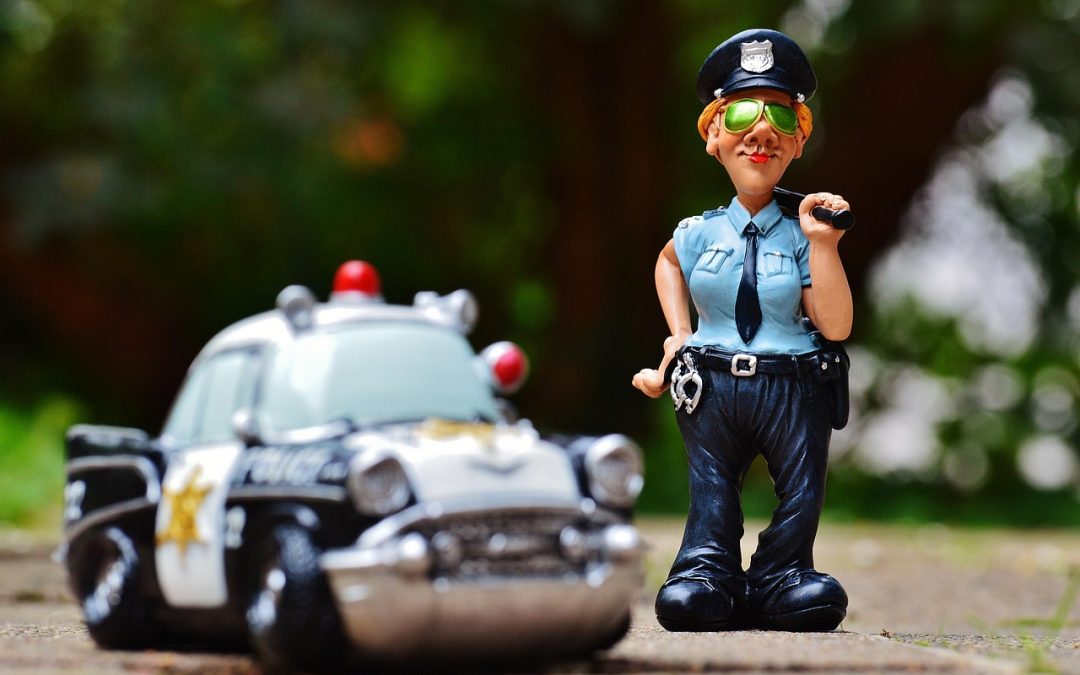As a student on campus, it’s essential to understand the differences between interacting with campus police and local law enforcement. While both types of police officers are sworn to protect and serve, there are key distinctions in their roles, responsibilities, and how you should interact with them.
Understanding the Roles of Campus Police
Campus police typically have jurisdiction over university property and are responsible for maintaining order, responding to emergencies, and enforcing campus rules and regulations. They often have close relationships with students, faculty, and staff, which can lead to a more collaborative approach to problem-solving. In many cases, campus police may be more familiar with the specific needs and concerns of the campus community.
Interacting with Campus Police: Dos and Don’ts
- Be respectful and courteous, just as you would with local police. Remember that campus police are trained to de-escalate situations, not escalate them.
- Don’t assume that because they are campus police, you can disregard their authority or ignore their instructions.
- Do ask questions and seek clarification if you’re unsure about a campus rule or policy.
- Don’t resist arrest or attempt to flee the scene, even if you believe the stop or arrest is unjustified.
Key Legal Principles to Keep in Mind
When interacting with campus police, it’s essential to remember that you have rights, just as you do when interacting with local law enforcement. The Fourth Amendment protects you from unreasonable searches and seizures, and you have the right to remain silent and request an attorney. Additionally, many states have stop-and-identify laws, which require you to provide identification when stopped by police.
“The right to be left alone – the most comprehensive of rights and the right most valued by civilized men.” – Justice Louis Brandeis>
It’s crucial to stay calm and composed during interactions with police. Avoid arguing or being confrontational, as this can escalate the situation. Instead, focus on de-escalation and resolving the situation peacefully. Remember that you have the right to ask for a supervisor or a lawyer if you feel your rights are being violated.
In conclusion, understanding the differences between campus police and local law enforcement can help you navigate interactions with confidence and respect for your rights. Stay informed about local laws and regulations, and always prioritize your safety and well-being. By doing so, you can build trust with law enforcement and ensure a safe and harmonious campus environment.
The information at Observed.Org may not pertain to every jurisdiction. It is YOUR responsibility to know your rights and observe them. Nothing here should be considered legal advice.

